Sniffing, sneezing, spluttering, eyes streaming. If you suffer from hay fever then don't panic, I have some top tips to help you through. It also includes a handy infographic from the Met Office at the bottom, so make sure you check that out.
Please share the blog post with any of your pals who may be interested in it by using the buttons above and below. Thanks!
1. Stay indoors
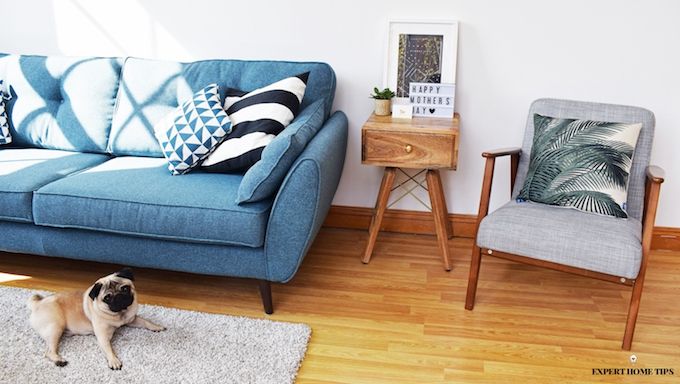
As tough as it is on a nice warm day, you can help reduce the symptoms of hay fever by staying indoors when you kmow that the pollen count is high. For an up-to-date pollen forecast, visit Metoffice.gov.uk - this way you'll be informed and know when it's best to avoid that walk in the park and relax inside with a good book instead.
2. A spoonful of honey
While there doesn't seem to be any scientific evidence for this, many people believe that a spoonful of local honey helps in relieving symptoms of hay fever. The theory is that local honey desensitises you to pollen, and helps to develop immunity against hay fever. Try it for yourself! If you find that it works, please let other EHT readers know by commenting below.
3. Check out this medical allergy reliever
Try out the Kinetik Allergy Reliever from Amazon. It's simple, portable, has an ergonomic design and uses red light therapy to suppress the cells that release histamine. It relieves watery eyes, runny noses and sneezing, plus it's very easy to use and has been proven to relieve allergy symptons.
4. A dab of Vaseline
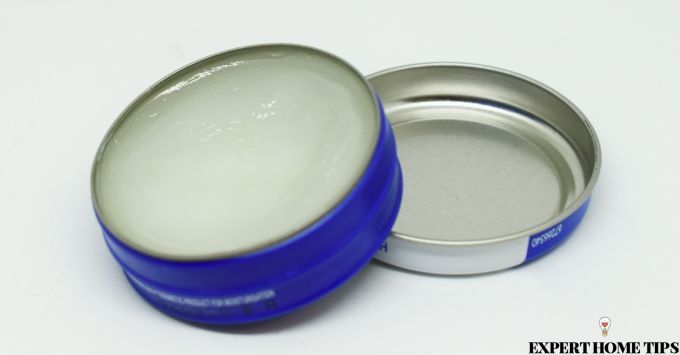
Try dabbing a small amount of Vaseline petroleum jelly around your nostrils. This will help pollen to stop sticking to the lining of your nose. Check out 31 astonishing things to do with Vaseline for even more uses. You'll be truly suprised what else you can do with petroleum jelly...
5. Try an Air Purifier
The Vicks V-9071 HEPA Air Purifier from Amazon filters out 97% of impurities and is the ideal way to provide fresher, cleaner air for your home. It will pick up most of the particles found in the air which may irritate you - pollen, pet dander, dust and human hair. It's suitable for rooms up to 20 sqm, so if it sounds like a product you'd be interested in, make sure you check it out.
6. Sunglasses
Do you suffer from streaming eyes during hay fever season? It's time to dig out your biggest pair of sunnies from wherever you left them last and wear them every time you go outside. This will help protect your precious eyes from all that pollen. Phew.
7. Hayfever tablets
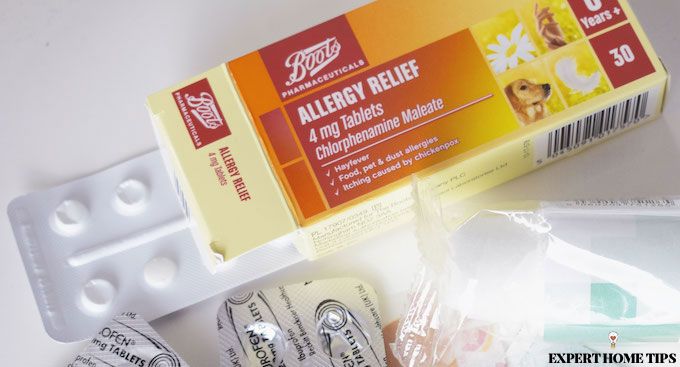
There are lots of hay fever tablets out there on the market, just head to your local pharmacy for more advice. You can get fast relief from hay fever, house dust mite allergies, skin allergies and more, so it's definitely worth trying them. Please read labels, warnings, and directions before any medication.
8. Avoid freshly-mowed areas
There's nothing worse than finding yourself in a park or garden that has just been mowed if you suffer from hay fever. If you find you have to be in the garden to do some chores then consider purchasing a mask to help cover your face for the time you are outside. Your nose will thank you for it!
9. Shower
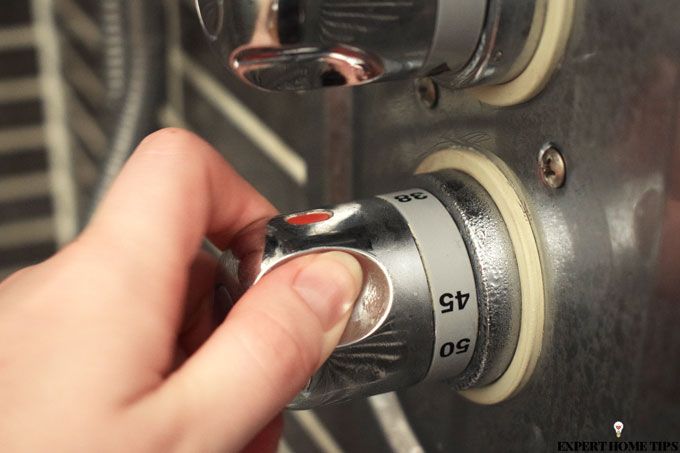
After you arrive back at home from spending time outside, have a nice long shower. This will help to wash away any pollen that may be on you. Be sure to properly scrub your hair, as this is where pollen may linger.
10. Nasal sprays
Like the tablets, there are lots of nasal sprays on the market, like the Beconase Hayfever Relief for Adults Nasal Spray. These sprays contain medication for treating hayfever and bring relief from symptoms like sneezing, blocked nose, runny nose, and streaming eyes.
11. Quit smoking
Research has shown that cigarette smoke can make allergies worse. Quit smoking and this could help to alleviate your pesky hay fever symptoms. As an ex-smoker I highly reccomend Allen Carr's Easy Way to Stop Smoking. When you're ready to quit, this book will help you do it with ease.
12. Shut those windows
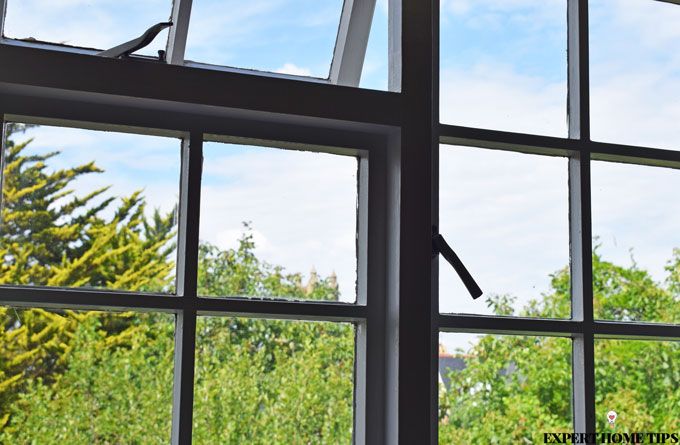
Sniffing and sneezing in your home? Help prevent pollen from entering your home by keeping the windows shut. The best time to do so is in the evening and first thing in the morning, so make sure you tell the rest of your household your plan.
13. Vacuum & mop
Pollen can collect in your carpets, so it's a good idea to vacuum carpets and mop the floors regularly to avoid this happening. Empty your vacuum and mop bucket as soon as possible after doing so.
14. Damp-dust
Help prevent pollen from flying around your home and use a damp cloth on all the surfaces. You can also use wipes or a microfibre cloth to combat the pollen.
Should you vacuum or dust first to get rid of pollen? Check out our other article to find out the answer.
15. Eat well
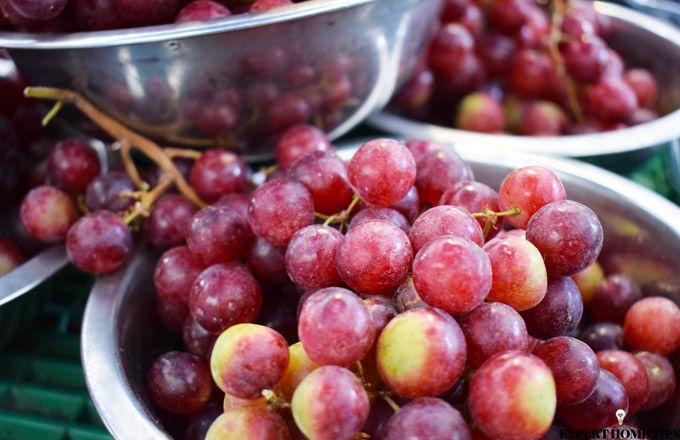
If you have a healthy and balanced diet, your body will be fighting fit to help you combat hay fever symptoms. Anti-inflammatory properties of certain foods might also help protect you against allergies. Nuts contain Vitamin E (an immune booster) and magnesium, which helps protect asthma sufferers with wheezing. Grapes too can help protect against allergy symptoms and wheezing, as well as being full of antioxidants.
16. Avoid polluted areas
If you can, stay away from heavily polluted areas. Unfortunately, pollen and pollution are the best of friends, and when pollen sticks to pollution particles, it increases the effect that it has. Be careful out there, check the Pollution forecast map for more information on pollution levels in your area.
17. Get a good night's sleep
Avoid late nights and try to get a good night's sleep to help combat hay fever symptoms. Check out 20 ways to get a better night's sleep and 17 genuis products for your best night's sleep ever for help in this area.
18. Avoid alcohol
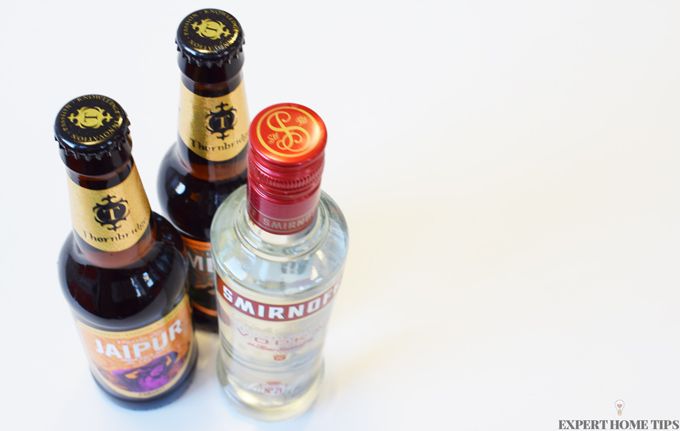
Beer, wine, and spirits all contain histamine, which triggers allergic reactions. On top of this alcohol can make you even more sensitive to pollens. If you want to drink, consider options containing lower histamine, such as gin, vodka, and rum.
19. De-stress
Allergy experts have reported that stress can make hay fever symptoms worse. Read 17 ways to keep calm in a stressful situation for stress-busting tips.
20. Know your enemy
If you suffer from hay fever then you'll be interested in this brilliant infographic from the Met Office. It details the pollen season in the UK by timing and location.
21. Regular exercise
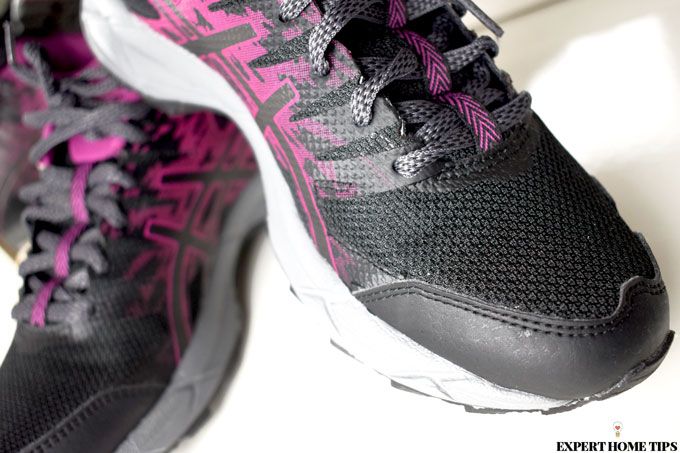
A survey has shown that people who exercise with hay fever have the mildest symptoms. If you're choosing to run, exercise outdoors when the pollen count is low. This is usually late morning or afternoon.
Good luck hay fever sufferers. Please don't forget to share this post with any pals that might be interested. Thanks!
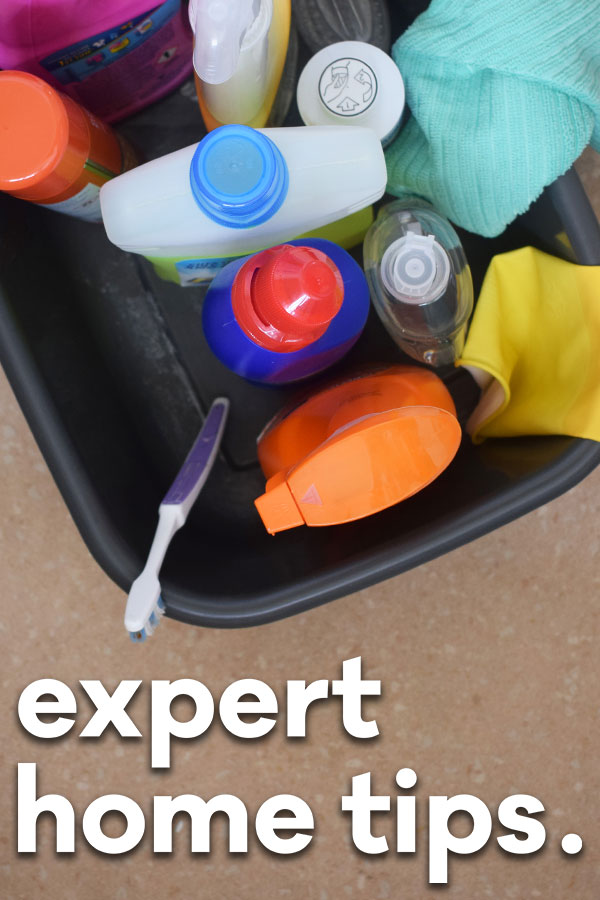
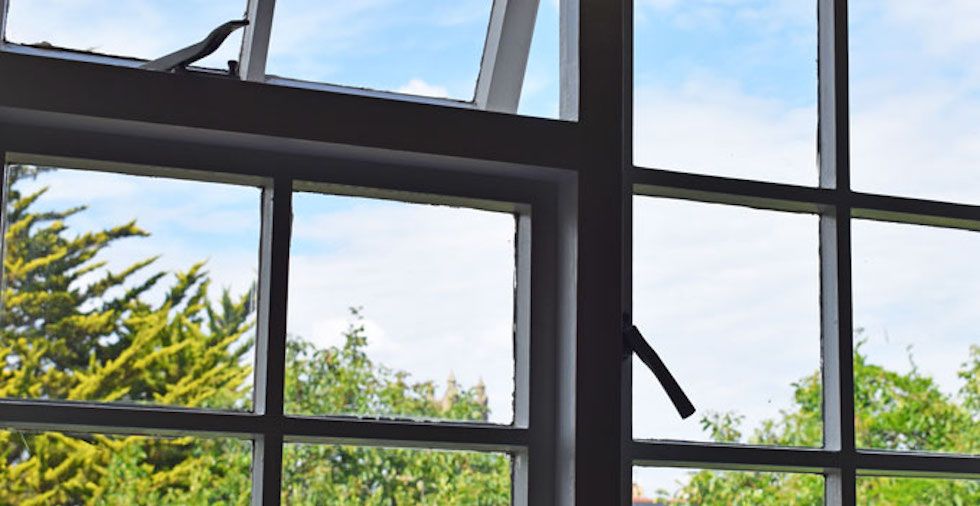
Thank you for this guide. My son and I often get hay fever symptoms. So I like to have as much help as possible. My son plays football for a club. You can only imagine his frustration.
I hope you like the guide Satveer and I hope it helps your son.
Not on your list is acupuncture . I have many friends who have had this done ,you go just once a year.
That's an interesting tip John, thank you very much!
What about bee pollen
That's a great tip Karen, thanks very much. This looks like an informative post on bee pollen - http://www.mindbodygreen.com/0-12765/how-bee-pollen-could-cure-your-allergies.html
Since not hanging my bedding or towels out on the line and either tumble drying or drying in the house, i have found my nights sleep better as they don't have the chance to get pollen on them.
What a good tip Fiona, thank you.
Right - so you need to avoid polluted areas by staying out of the city, but to avoid fresh cut grass, flowers, trees and other pollen bearing things, stay out of the country. Stay indoors, with all windows closed, sleeping an showering - and trying to de-stress!
My eldest daughter suffered from hay fever and I used to give her honey and it definitely worked. I used to put it in her tea as a sweetener. Brilliant stuff. I know people say local honey, but I just used a particular honey because it left no aftertaste and used to buy it in the supermarket - not a local honey.
Hi Lorraine, This is interesting, as most people say only local honey works for them! Perhaps I'll try this next time. Many thanks for sharing :)
I have been giving my eleven year old daughter local honey for the past two years. I was a little sceptical at first. But it really works .alongside antihistamines.i will try other things as well like putting a fine net on my daughter's bedroom window.
Hi Linda, Yes, the honey really works! Glad to hear your daughter's no longer suffering - hay fever can be really awful at times.
Honey does work but it has to be the local honey from the farm shop near to where you live, have a spoonfull every day and it will build up your immune system to the pollen, takes a bit of time but does work.
Hi Barbara, Thanks for the extra information on this - who knew keeping hay fever at bay was so simple?
I have found local honey to be very helpful. The only downside is that bees don't pollinate trees, so you're still susceptible to 'tree fever'.